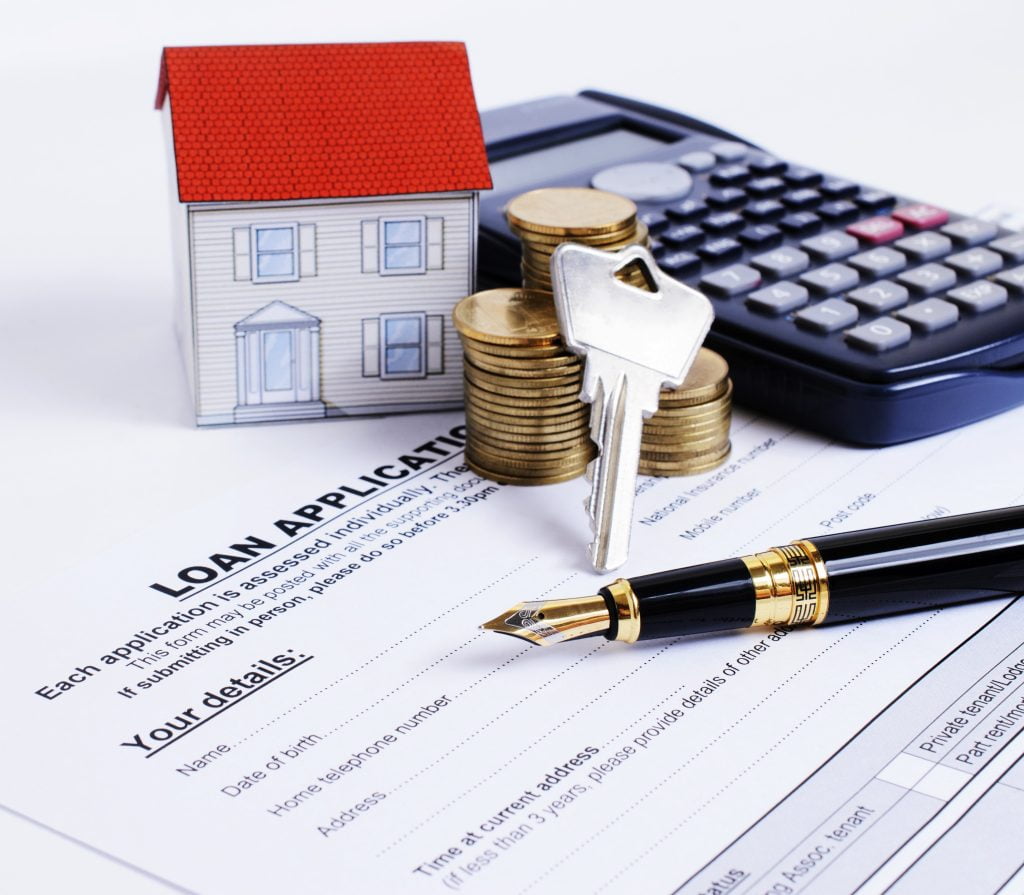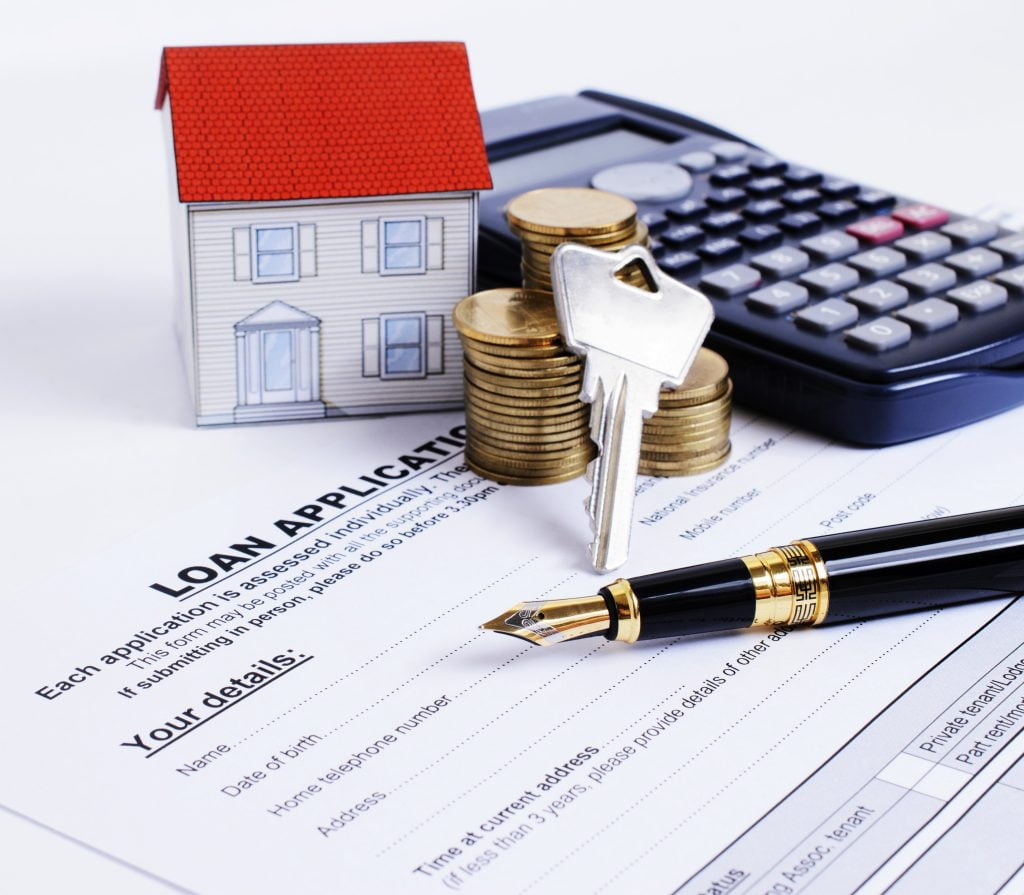Funding Assist
Loan Process

Got Some questions about the Home Loan Process?
Sometimes the best way to get an understanding of home loans, how it all works and how to choose the right one, is to speak to a broker in person.
When you sit down with us, it’s the perfect opportunity for us to get to know you so we can get a good understanding of what you need right now and what your financial goals may be for the future.For you, it’s a chance to ask all the questions you have about finding and choosing a loan, applying, the approval process, and what happens after that. The good bit is that we will come to you at a time and place that suits – home, office or café… day, night or weekend.
How does the Process work?
For easy understanding, we have broken down the steps for you :
Arrange a pre-approved Loan
Find your property
Make an offer and sign a contract of sale
Appoint a conveyancer
Pay a deposit
Unconditional Contracts
Arrange a pre-approved loan
If you haven’t started your property search, or are still looking, a pre-approved loan can be useful. It gives you a clear picture of what your spending limits are and gives you peace of mind that if you find a property you’re really interested in you can move quickly to make an offer.
And it may put you in a stronger negotiating position than other potential buyers who don’t have preapproval. Of course, even with a pre-approval, a subject to finance clause is an important protection in any sale contract.
Find your property
Make sure you do plenty of homework when you’re on the hunt for a new property.Research property prices in the area, potential capital growth and existing and planned infrastructure, such as roads, public transport, schools and shops.
If you’re unfamiliar with property values in the area, consider a full valuation carried out by a registered valuer before making a final decision.

Make an offer and sign a Contract of Sale
Whether you buy property at auction or make an offer on a listing you’ll be asked to sign a Contract of Sale. This contract will confirm the selling price as well as any terms and conditions. You will need to include appropriate conditions such as subject to lender approval, a building inspection report and a pest inspection.
The period from signing a Contract of Sale to settlement – when the property becomes legally yours – is usually six weeks (shorter in some states, such as Queensland).
Note: even if you have a pre-approved loan, your lender will still need to complete a valuation of the property
Appoint a conveyancer
You will need a conveyancer or solicitor to act for you to complete the sale. Your conveyancer should also check all rates and taxes have been paid, check land use or building approvals for the property and order any relevant searches. They may also help sort out any inspections. On settlement day, the conveyancer will check the correct amount of money has been transferred from your lender to the seller and all fees – such as Stamp Duty – are paid, so you can take legal ownership of the property.

1. Pay a deposit
A deposit is required once both parties have signed a Contract of Sale.
You won’t yet have access to your home loan, so your deposit must come from savings or elsewhere.
You may also be able to arrange a deposit bond until settlement.

2. Cooling Off Period
If you didn’t buy your property at auction, you may have a cooling-off period when you can cancel the contract, although there may be a small penalty.
Cooling-off periods don’t necessarily apply in every state so check with your relevant state authority to find out what your rights may be

3. Unconditional Contracts
Be very cautious about signing an unconditional contract or bidding at an auction especially if you’re not certain about whether you’ll be able to obtain finance or about buying the home. You should also consider obtaining legal advice before signing a sale contract or bidding at an auction.
LOAN DOCUMENTS
Here’s a checklist of required documents
Most lenders follow a similar process when it comes to approving loans, so they generally need the same documentation.
To keep the process moving forward, it helps to bring the documents listed below to the meeting with us.This can help fast-track your loan application.
This is a general checklist and you may not need some of them. We can help show you which ones you need.

Personal identification
- A current Passport or Birth Certificate
- Driver’s Licence. (Please note if these documents are in your maiden name, you will also need to provide a copy of your Marriage Certificate.)
- Other documents that will be useful: a Medicare card, Credit card, ATM/Debit card, Council Rates Notice, Pensioner Concession card, Health Care card, Tertiary Student ID card.
Income details
- The two most recent payslips from your employer. (Ideally these will show the company name, number of payslip and year-to-date income figure)
- The most recent Group Certificate from your employer
- If self employeed :
- The last two year’s personal and business tax returns and ATO assessments.
- Other income details
You may also need :
- Rental income statements or bank accounts showing rental income for any investment properties
- Proof of share dividends or interest earned
- Centrelink letter confirming family tax benefits
- Centrelink letter confirming permanent government pensions
- Private pension group certificate or statement
- Proof of any other regular, ongoing income
Additional documents for refinancing
- Documentation on your existing loan including the date the loan commenced, loan period and any financial penalty payable if you exit the loan early
- Statements for the last six months for any existing home loans and personal loans
- The most recent Council Rates Notice and building insurance policy on the property or properties being offered as security
- Credit cards
- If you have credit card debt, statements for the last six months
- If you don’t owe anything on your credit card, the most recent statement
Additional documents if you already own a home
- Statements for the last six months for any existing home loans or personal loans
- Your most recent credit card statement
- Copy of the Contract of Sale for the property you’re buying
- Statements for the last six months to show your savings/investment history. (This could include share certificates, savings account statements, term deposit statements, etc.)
- If other funds are being used for the purchase, evidence showing where the funds are held.
- If other funds are being given to you, which are not already in your bank account, you will need a Statutory Declaration from the person giving you the money
Additional documents for First Home Buyers
- Statement for your First Home Saver Account, if you have one.
- Statements for the last six months to show your savings/investment history. This could include share certificates, term deposit statements, etc.
- If other funds are being used for the purchase, evidence showing where the funds are held.
- If other funds are being given to you, which are not already in your bank account, you will need a Statutory Declaration from the person giving you the money.
- Your most recent credit card statement.
- Copy of the Contract of Sale for the property being purchased
Additional documents for investors
If you already have investment property/ies:
- Evidence of income such as rental statements.
- A copy of the tenancy lease.
- A Council Rates Notice.
- A letter from a property manager indicating likely rent for the new property.
- Statements for the last six months to show your savings/investment history. This could include share certificates, term deposit statements, etc.
- If other funds are being used for the purchase, evidence showing where the funds are held.
- If other funds are being given to you, that are not already in your bank account, you will need a Statutory Declaration from the person giving you the money.
- Your most recent credit card statement.
- Copy of the Contract of Sale for the property being purchased.
Additional documents for borrowers seeking a construction loan
- A copy of a valid builder’s fixed price tender, including all specifications.
- A copy of Council approved plans.
- Statements for the last six months to show your savings/investment history. This could include share certificates, term deposit statements, etc.
- If other funds are being used for the purchase, evidence showing where the funds are held.
- If other funds are being given to you, which are not already in your bank account, you will need a Statutory Declaration from the person giving you the money.
- Your most recent credit card statement.
- Copy of the Contract of Sale for the property being purchased
We are here to Help
Did you know that during the home loan application process we can help you find the right insurance options too.
